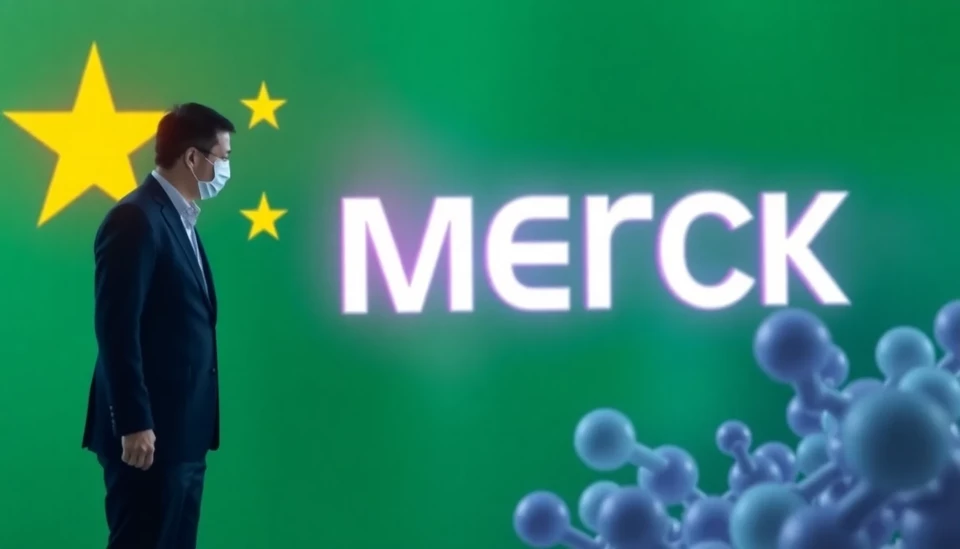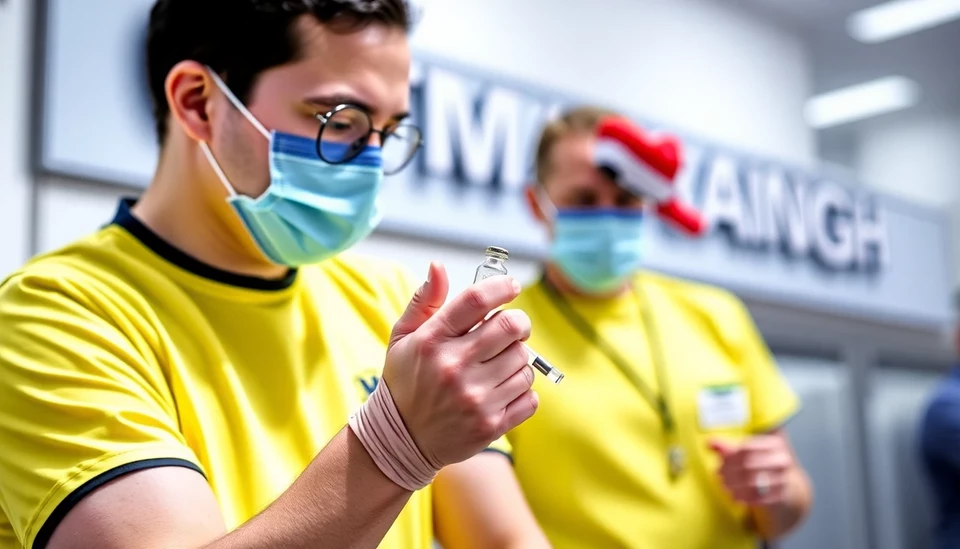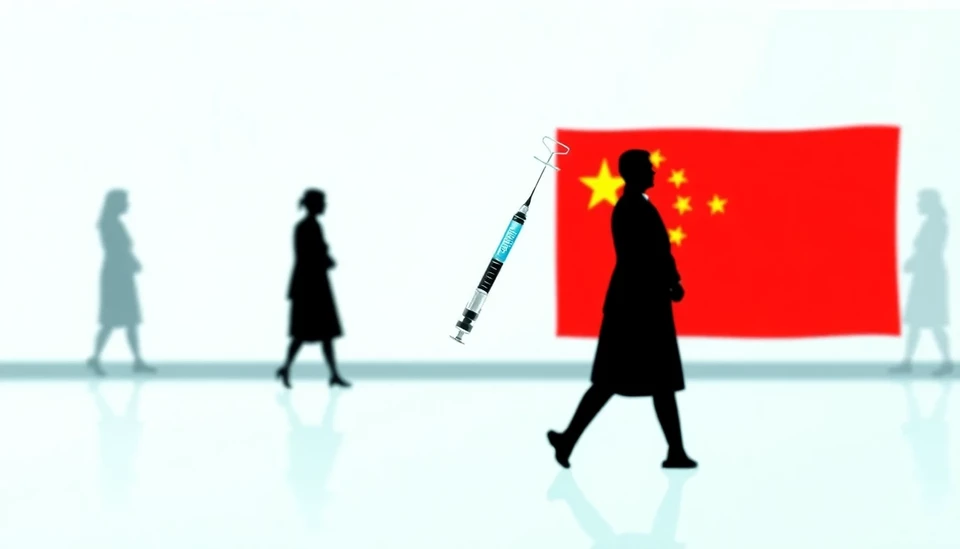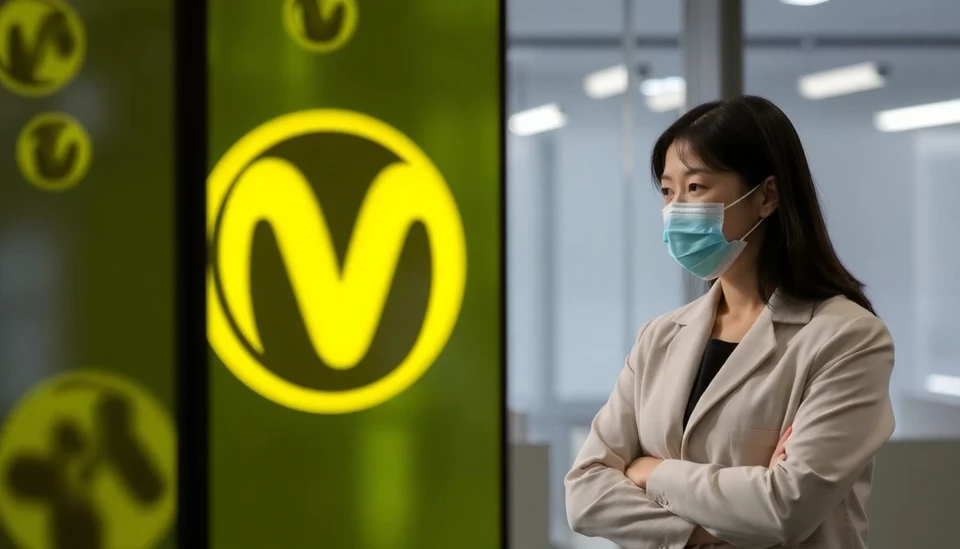
In a significant move to bolster its cancer treatment offerings, Merck & Co. has secured a lucrative agreement with a Chinese biotech company, attaching itself to a compelling late-stage cancer therapy. The deal, which could reach a staggering $3.3 billion, is centered around the promising drug known as sugemalimab, known for its potential effectiveness against various tumors.
This partnership marks a crucial strategy for Merck as it looks to expand its influence in the growing Chinese pharmaceutical market, which has seen increasing demand for innovative cancer treatments. The collaboration not only aids Merck's expansion efforts but also aligns with its focus on enhancing patient outcomes through advanced therapeutic options.
Sugemalimab, currently under clinical development, is being evaluated for use across multiple types of cancer, a feature that could significantly broaden its applicability. Merck’s collaboration with the Chinese firm, whose identity has yet to be publicly disclosed, could accelerate the drug’s availability in the market, pending successful regulatory approvals.
The financial structure of the deal incentivizes both companies, with the potential for Merck to pay up to $3.3 billion through a combination of upfront payments, milestone achievements, and future sales royalties. This demonstrates Merck's confidence in the therapeutic potential of sugemalimab and its ability to capture a substantial share of the cancer treatment market.
Merck's recent trajectory has seen a concerted focus on oncology, a field that has been a significant driver of revenue growth for the company. With the inclusion of sugemalimab, Merck aims to enhance its oncology portfolio, which already features established products like Keytruda, an immunotherapy that has revolutionized treatment for many cancer patients.
The Chinese market is becoming increasingly competitive, with local companies ramping up their R&D efforts. By entering this strategic partnership, Merck not only enhances its portfolio but also positions itself to compete more effectively against local and international players in the growing oncology market.
Market analysts are optimistic about the collaboration, noting that as the global cancer burden continues to rise, innovative therapies like sugemalimab could play an essential role in addressing this medical challenge. They expect this partnership to yield substantial benefits for both parties, particularly in terms of advancing scientific knowledge and increasing patient access to critical treatment.
Although Merck is proceeding with caution, the potential reward from this investment could be substantial, paving the way for a new era in cancer treatment within China and beyond. As the landscape of oncology evolves, deals like this will be pivotal in shaping the future of healthcare viable in various therapeutic realms.
In conclusion, Merck’s investment in sugemalimab signifies more than just a financial commitment; it represents a strategic maneuver aimed at mastering a competitive global market that craves effective cancer treatments. As the situation unfolds, the partnership is poised to attract keen attention from investors, healthcare professionals, and patients alike.
#Merck #CancerDrug #Pharmaceuticals #ClinicalDevelopment #Sugemalimab #Oncology #Biotech #DrugPartnership #MarketExpansion
Author: John Harris




